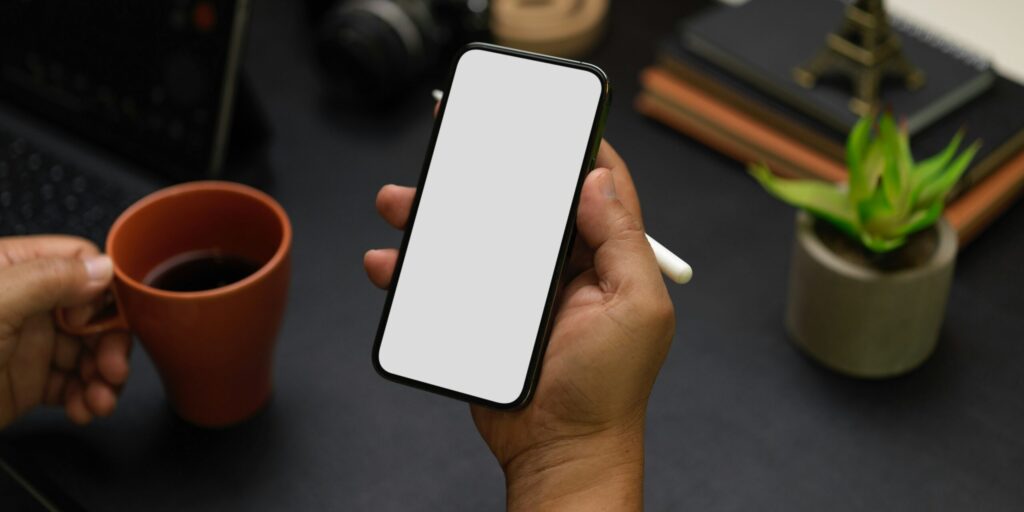Samsung has once again proven its marketing instincts are as sharp as its engineering, crashing Apple’s highly anticipated iPhone 17 launch event with a viral social media campaign that reignited the longstanding rivalry between the tech giants. On September 9, while Apple unveiled its newest lineup of smartphones during its “Awe Dropping” keynote, Samsung diverted a significant share of the online spotlight with the unexpected revival of its cheeky hashtag, #iCant.
The timing was impeccable. As Apple executives walked the stage introducing the latest innovations in the iPhone 17 lineup, including new models like the iPhone 17 Pro, Pro Max, and the sleek iPhone Air, Samsung rolled out a satirical counter-campaign on social media platform X (formerly Twitter). It quoted a 2022 tweet that originally jabbed Apple’s reluctance to enter the foldable phone market. The quote read, “Let us know when it folds.” This time, Samsung added a fresh twist: “#iCant believe this is still relevant.” The message quickly gained traction, sparking widespread attention and reactions from both sides of the consumer aisle.
While Apple’s event highlighted notable technical improvements—including the new A19 processor, enhanced Dual Fusion 48-megapixel cameras with Center Stage, brighter ProMotion displays, and better battery performance—Samsung opted to poke fun at what wasn’t announced: a foldable iPhone. Despite the growing market for foldable devices and Samsung’s multiple generations of Galaxy Z Fold and Flip phones, Apple has yet to enter this product category. This absence remains a sore spot for critics who argue that Apple, while often refined in design and build, tends to trail its competitors in adopting radical hardware innovations.
Samsung’s social media move wasn’t just a random act of mischief. It was a calculated branding maneuver aimed at reinforcing its identity as an innovator in mobile form factors. By reviving the #iCant hashtag during Apple’s big reveal, Samsung effectively redirected attention and online discourse towards itself without launching a single product. The campaign immediately sparked a digital firestorm. Hashtags like #TeamApple and #TeamSamsung began trending as users engaged in heated debates over which brand truly leads the industry.
Some tech influencers and consumers praised Samsung’s strategy, calling it a masterclass in guerrilla marketing. Others, particularly Apple loyalists, dismissed the campaign as juvenile or desperate. Nonetheless, the visibility Samsung achieved with a few strategically timed tweets arguably rivaled the coverage of Apple’s actual product announcements.
In one instance, Samsung even responded to a post from popular tech YouTuber Marques Brownlee, who had shared his take on Apple’s presentation. Samsung replied, “Actual innovation > hype #iCant,” further fueling the online banter. The jab underscored a growing sentiment among certain sections of the tech community that Apple’s annual updates, while polished, often feel iterative rather than groundbreaking.
Online, the reaction was swift and intense. Supporters of Samsung highlighted the durability and practicality of foldable designs, pointing to the company’s continued dominance in that category. Meanwhile, Apple defenders emphasized the iPhone’s proven reliability, ecosystem strength, and user-friendly software. The back-and-forth dialogue became a spectacle in itself, with users on both sides exchanging memes, GIFs, and quips. Phrases like “At least it doesn’t crease” and “Still waiting for the innovation they promised” circulated widely, illustrating the cultural imprint that these brands have on everyday tech discourse.
Samsung’s social media stunt also reflects a broader marketing trend in the tech industry, where companies are increasingly leaning into humor and real-time engagement to capture consumer attention. Rather than rely solely on product performance and specifications, brands are now expected to participate in the cultural zeitgeist, often through meme-worthy content and viral interactions. In this environment, Samsung’s #iCant campaign stands out as an example of how well-timed digital messaging can elevate brand perception and stir public conversation.
The timing of this campaign also raises questions about the pace of innovation in the smartphone industry. With foldable phones becoming more mainstream, many are wondering when Apple will finally take the plunge. Rumors of a foldable iPhone have circulated for years, but Apple has remained tight-lipped. Analysts speculate that Apple may be waiting to perfect the technology before entering the space, a strategy it has employed in the past with features like wireless charging and OLED displays.
For now, Samsung continues to leverage its head start in foldables as a competitive advantage, and the #iCant campaign served as a reminder that it’s not just about who makes the best phone—it’s also about who tells the best story. By interjecting itself into Apple’s carefully choreographed launch moment, Samsung didn’t just critique a product; it challenged an entire narrative, and it did so with humor, precision, and impeccable timing.
In a digital age where perception often rivals performance, Samsung’s viral jab may not fold—but it definitely left a mark.


